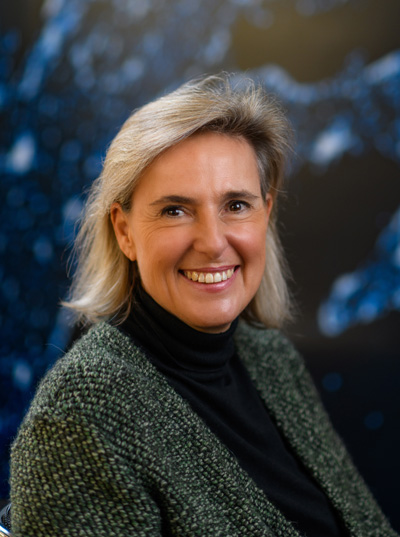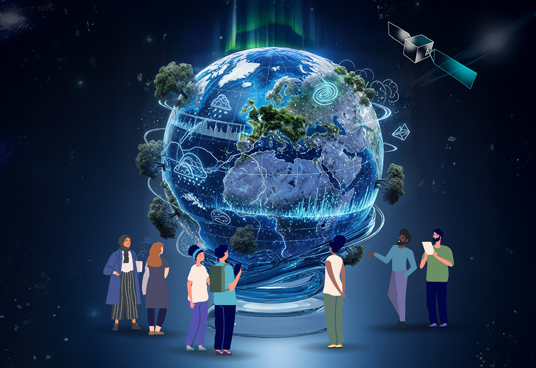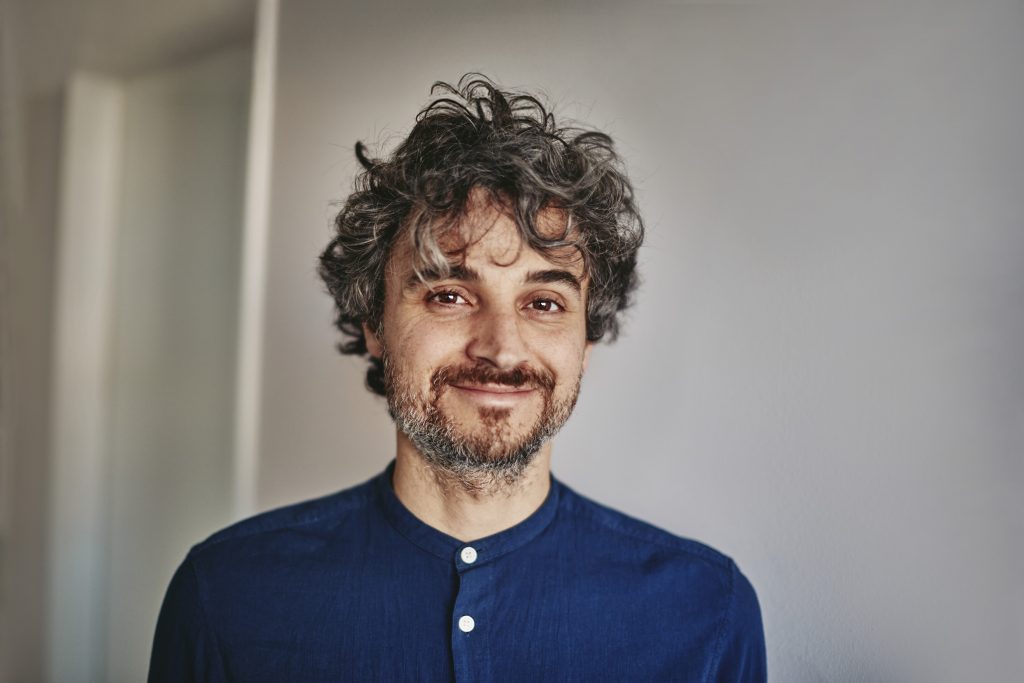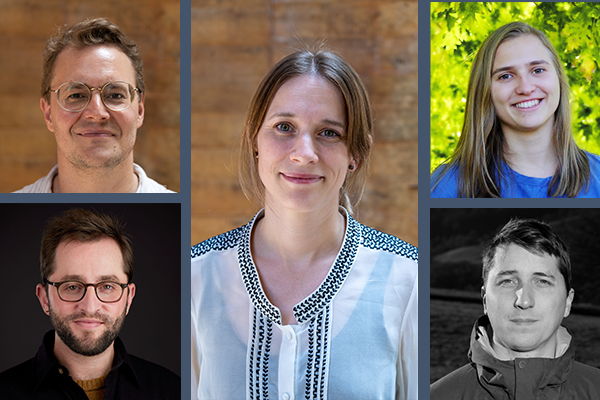The call for nominations opened on 10 September 2025 and closed on 17 December 2025
With the EO Excellence Award, the European Space Agency (ESA) honors early-stage researchers who have made a notable contribution to the pioneering use of Earth observation (EO), with a focus on the use of data from European satellites.
Individuals or teams can nominate themselves or be nominated by a mentor or a supporter. Two winners will be selected: one individual and one team. As in the previous years, there will be a research grant for the winners of this round. The individual winner can receive a grant of up to 35,000 Euro and the winning team can secure up to 65,000 Euro. These grants are intended to support and further advance the winners’ specified research.
An independent evaluation led by the European Space Sciences Committee (ESSC) of the European Science Foundation (ESF) will be carried out and the successful nominations will be announced in March 2026.
The EO Excellence Award is a once-in-a-lifetime opportunity – Don’t miss it!


Your research demonstrates novel approaches and innovations in the field of EO data processing, applications, engineering, or communication.

Your research primarily focuses on European EO Datasets, thereby encouraging international collaboration.

Your research clearly shows a focus on demand-driven solutions that contribute to science, industry, or the society.

Your research opens up new areas and potential in the world of European Earth Observation.
For more information, please check our Terms and Conditions

Promote emerging researchers in the early stages of their career and help recognise and encourage innovations in the field of Earth Observation.

Get nominated as the next winner of the EO Excellence Award, by finding a Nominator that supports your innovation or nominate yourself.
The call for nomination opened on 10 September 2025
and closed on 17 December 2025
Following the success of the EO Excellence Award in the previous editions, it’s now time to lodge your nomination for someone or for a team that deserves recognition for their innovative use of Earth Observation.

Individual 2025: Marcello Passaro, Technical University Munich (TUM), Germany
The research of Dr Marcello Passaro focuses on developing and applying techniques to enhance the quantity, quality and usability of satellite altimetry data for sea level and sea state studies, with a particular emphasis on coasts.
Team 2025: Lina Eklund, Jamon Van Den Hoek, Marie Schellens, Corey Scher, Eoghan Darbyshire
The Decentralised Damage Mapping Group (DDMG) uses Earth observation datasets to assess damage in conflict and disaster-affected regions. DDMG develops novel Earth observation methodologies to rigorously assess the impacts of wars on the environment.


Individual 2024: Iestyn Woolway, Bangor University, Wales, United Kingdom
Iestyn’s work focuses on the physics and hydrology of lakes worldwide and their links to climate using space-based observations combined with in situ data and modelling to measure water temperature, evaporation, and ice cover.